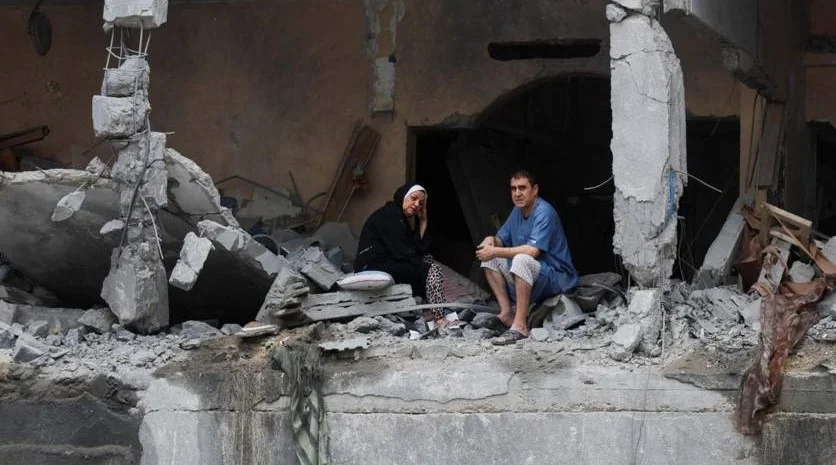
Frequently Asked Questions:
Q1: What triggered the Israel-Hamas conflict?
A1: The conflict commenced when Hamas retaliated to Israeli airstrikes on Gaza by firing rockets at Israel on October 7, 2023.
Q2: How severe are the casualties in this conflict?
A2: The death toll has surged beyond 1,000, with Gaza bearing the brunt. Over 70,000 individuals in Gaza have been displaced from their homes.
Q3: What is the international community’s response to the situation?
A3: The international community, including the UN Security Council, has unanimously called for an immediate ceasefire. However, compliance from both Israel and Hamas remains elusive.
Q4: What actions is the Biden administration considering to resolve the conflict?
A4: While some members of Congress have proposed suspending arms sales to Israel or imposing sanctions on Hamas, the Biden administration advocates for a diplomatic solution.
US President Joe Biden has issued a fervent call to Israel and Hamas, urging them to promptly de-escalate the ongoing turmoil in the Middle East. In a statement released on October 10, 2023, President Biden expressed profound concern over the escalating violence and appealed to all sides to take decisive measures to reduce tensions and safeguard civilian lives.
The genesis of the Israel-Hamas conflict can be traced back to October 7, 2023, when Hamas retaliated against Israeli airstrikes in Gaza by launching rocket attacks on Israel. Subsequently, the situation has spiraled into a cycle of heavy bombardments from both factions.
Tragically, the death toll in this conflict has now eclipsed 1,000, with Gaza shouldering the heaviest burden of casualties. Shockingly, more than 70,000 people in Gaza have been forcibly displaced from their homes, as estimated by the United Nations.
In his official statement, President Biden issued a fervent plea to both Israel and Hamas to actively pursue a ceasefire. He conveyed that the United States stands fully prepared to facilitate the ceasefire process should both sides display the willingness to engage constructively.
The international community has demonstrated a united front in condemning the violence in the Israel-Palestine region. The UN Security Council has unequivocally called for an immediate ceasefire, yet compliance remains elusive on both sides.
President Biden’s decisive statement arrives at a juncture when the United States faces mounting pressure to take resolute actions to quell the conflict. Some members of Congress have proposed suspending arms sales to Israel or imposing sanctions on Hamas as measures to exert pressure.
However, the Biden administration has been judicious in its approach, favoring a diplomatic resolution as the most prudent path to ending the conflict.
The situation in Israel and Palestine remains unpredictable and precarious. Whether President Biden’s statement will suffice to persuade Israel and Hamas to de-escalate remains uncertain. Nevertheless, his statement signifies the escalating concern within the United States regarding the violence and the nation’s determination to play an active role in realizing a peaceful resolution.
